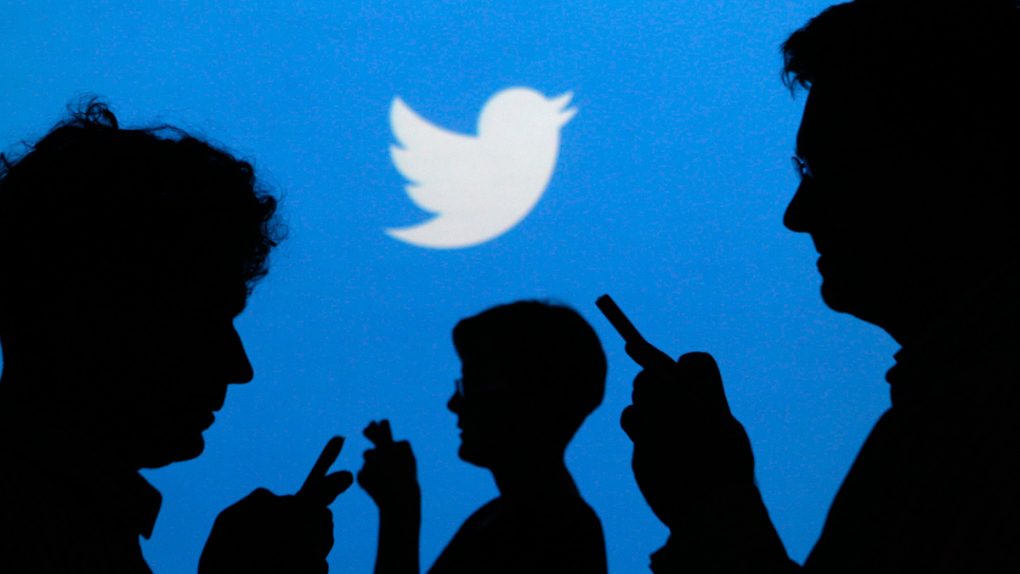One of the recurring quotes often delivered with humorous resignation by a member of the Bluth family on Arrested Development was the perennially meme-able line, “I’ve made a huge mistake.”
That’s the kind of thing that pops into the mind of a cynic when listening to some of the engineers and technologists interviewed for a new edition of the BBC program Panorama, in which a selection of Silicon Valley insiders walk through the myriad ways they addict users to products and services to make money.
They talk about the purposeful engineering of those products and services to keep us hooked as if they were a digital form of white powder — virtual cocaine that makes us not fans of the product, but in extreme cases almost unable to go without it.
And then now, confronted with the full scope of what they helped bring into the world — you can almost hear Gob Bluth’s apology, “I’ve made a huge mistake.”
“It’s as if they’re taking behavioral cocaine and just sprinkling it all over your interface and that’s the thing that keeps you like coming back and back and back,” Aza Raskin, formerly of Mozilla and Jawbone, told the BBC. “Behind every screen on your phone, there are generally like literally a thousand engineers that have worked on this thing to try to make it maximally addicting.’
He should know. Back in 2006, when Raskin was working for the consultancy Humanized, he designed the infinite scroll, one of those FOMO kinds of behaviors that keep us endlessly scrolling. Gotta always see the next thing, you keep moving down the page, it never ends. Almost tricking your brain into never wanting it to end.
The BBC team also heard from Leah Pearlman, a co-inventor of Facebook’s “like” button who admitted that even she got hooked on the product. “When I need validation — I go to check Facebook.” she said, adding that the button was never meant to be a think you get addicted to for the validation it provides.
I interviewed Twitter co-founder Ev Williams a couple of years ago, and he described it this way. Too much of the Internet, he explained, is built around feedback loops like likes and retweets that are “very carefully crafted” to maximize certain behaviors. They also measure the wrong things on the other side of the screen, so that whereas — he reached for a metaphor — if you view a site or a content company as having the job of feeding people, what these feedback loops do instead is “maximize calorie delivery.”
Of course, he had a big hand in that, and when I asked the natural follow up we then got into a discussion about Medium, which is a story for another time.
Facebook — by virtue of its 2.2 billion user audience alone — probably comes in for the most criticism here, and rightfully so. The company last year went ahead and told us what we all know, that too much social media is not good for you.
Of course, no one is under the delusion that something like cigarettes are anything but bad for you, but that doesn’t stop people from lighting up anyway.
Likers, as they say, gonna like.








